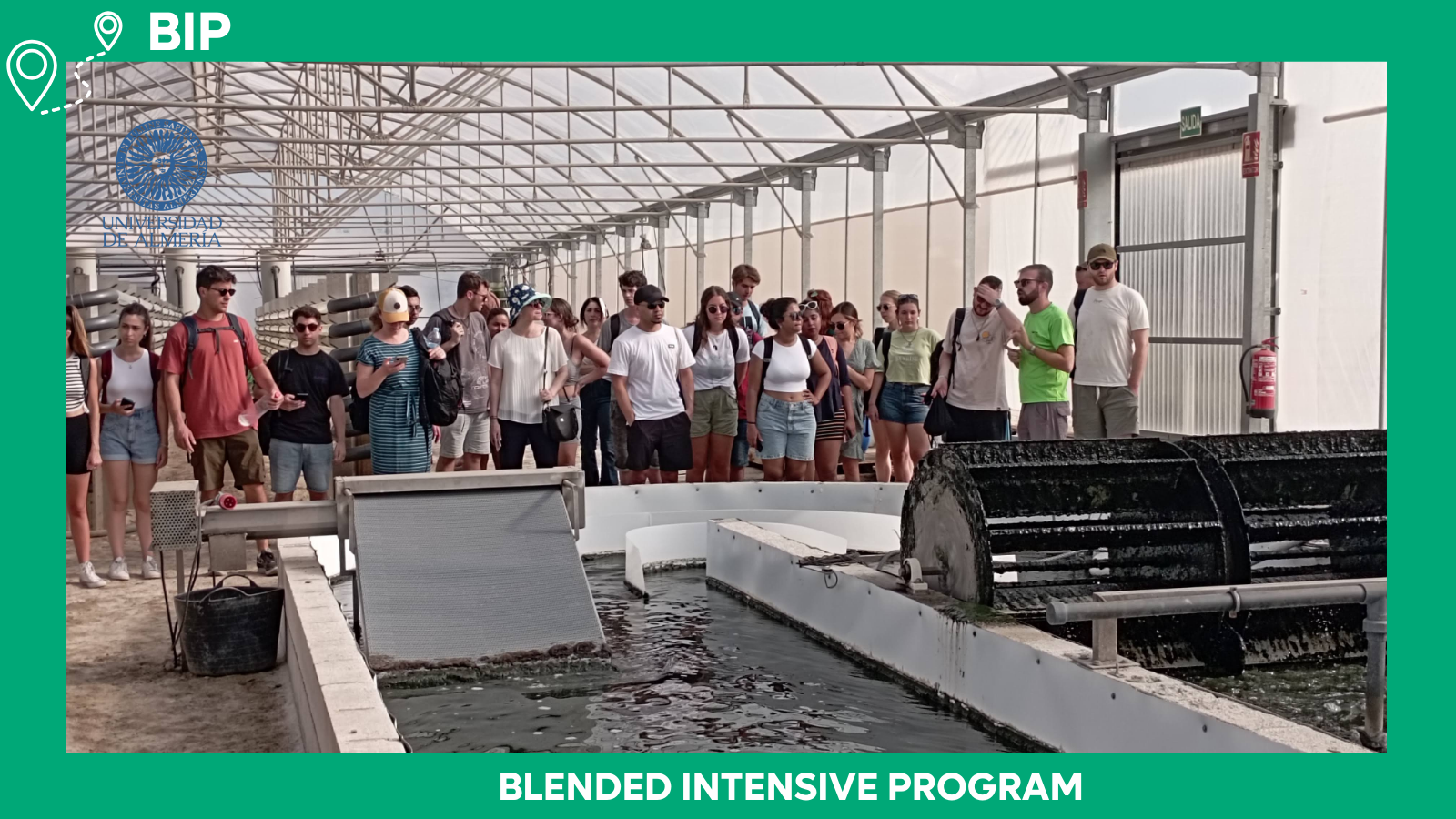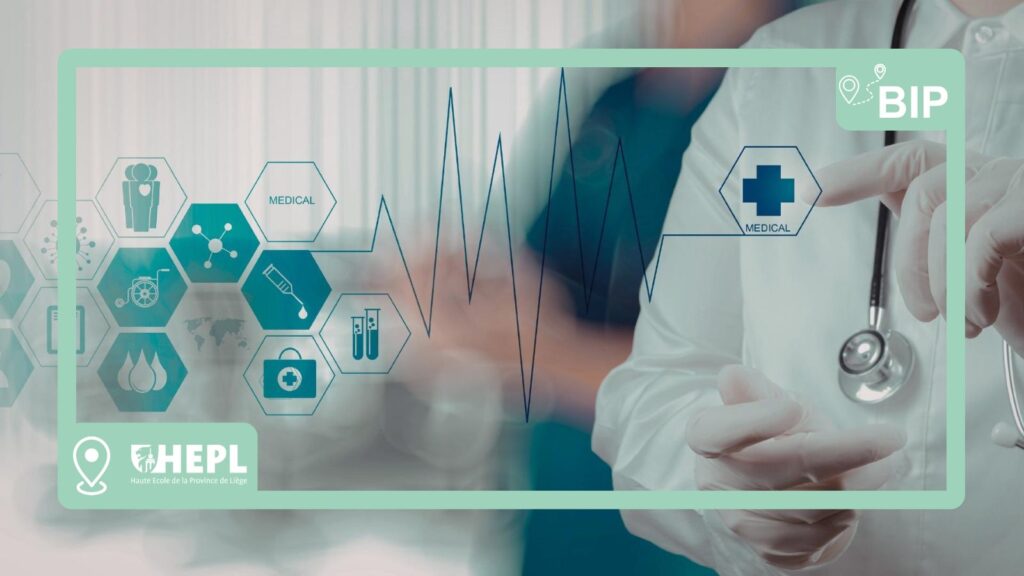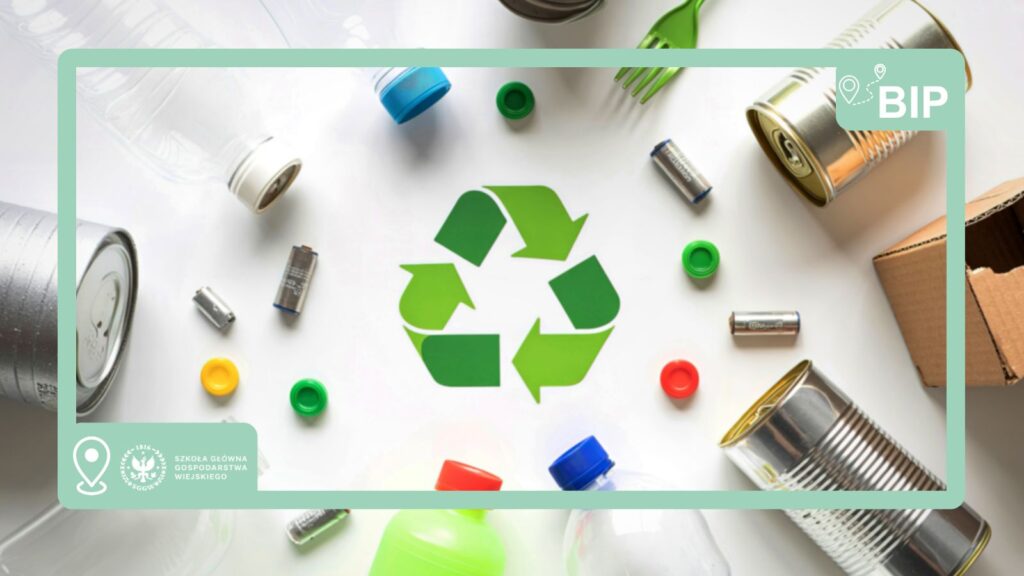June 30 – July 9
This BIP (5th edition) is an interdisciplinary course integrating microalgal biotechnology, sustainability, and entrepreneurial thinking. This program is open to students from any academic background, and is designed to foster collaboration across disciplines.
- Language: English (Level B2)
- Dates physical mobility: 30 June to 9 July 2026
- Location: University of Almería (Spain) plus some field trips
- Dates virtual mobility: late March until late June (around 36 hours in total of ndividual and teamwork, including some sessions with teachers & mentors)
- Number of ECTS: 4
- Maximum number of participants: Limited availability. UNIgreen partners interested in participating are encouraged to contact the academic coordinator, prof. Tania Mazzuca ([email protected]), as soon as possible.
Who?
Undergraduate and Master students from areas related to Business, Economics, Management, Chemical or Environmental Engineering, Biology, Marine Biology, or Food Technology (other areas not excluded). Students are required to be able to communicate fluently in English, although no formal certification is required.
Subject
Students that participate in this program can expect to acquire, improve or develop the following:
knowledge
- Design a microalgae production project that contributes to the Sustainable Development Goals (SDGs), integrating environmental, social, and economic sustainability principles.
- Justify the selection of algae cultivation and business locations using a transdisciplinary approach that considers technical, ecological, and sociocultural factors.
- Adapt business ideas and project designs to reflect public values across different countries, including perceptions of trust, need, taste, and care for sustainability.
- Compare and select appropriate business models for microalgae-based products in diverse international contexts, demonstrating strategic and autonomous decision-making.
Skills
- Apply problem-solving strategies to develop transdisciplinary solutions for sustainability challenges in biotechnology.
- Demonstrate critical thinking and analytical skills when evaluating project designs, data, and stakeholder perspectives.
- Manage time and prioritize tasks effectively in both individual and collaborative work settings.
- Communicate technical information clearly and appropriately through oral and written formats, tailored to diverse audiences and cultural contexts.
- Collaborate constructively with professionals from different disciplines and countries, fostering inclusive teamwork and mutual respect.
VALUES
- Identify personal learning needs with an open, critical, and reflective attitude toward professional growth and performance.
- Practice proficient intercultural communication, adapting to diverse cultural norms and expectations in professional contexts.
- Construct a professional identity grounded in personal values, ethical principles, and responsible communication styles.
- Demonstrate cultural sensitivity by articulating how values, customs, and practices in other cultures influence professional behavior and decision-making.
How to apply?
They should contact their home institution’s International Office. If UAL and the home institution have discussed the participation, the home institution will then be able to nominate a number of students (in other words, the students don’t register directly for the BIP: they apply for an Erasmus+ grant and, if selected by their International Office, they’re then nominated for the BIP).
UNIgreen partners interested in participating are encouraged to contact the academic coordinator, prof. Tania Mazzuca ([email protected]), as soon as possible and no later than January 15.




